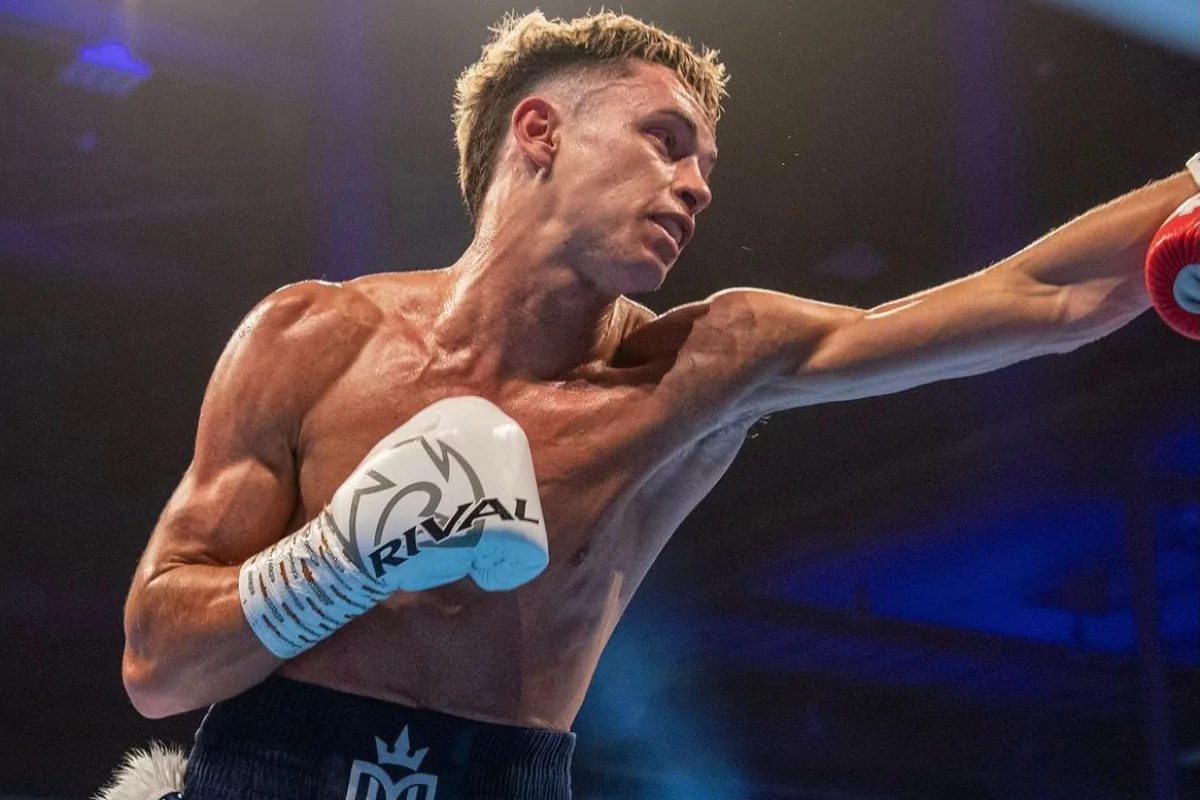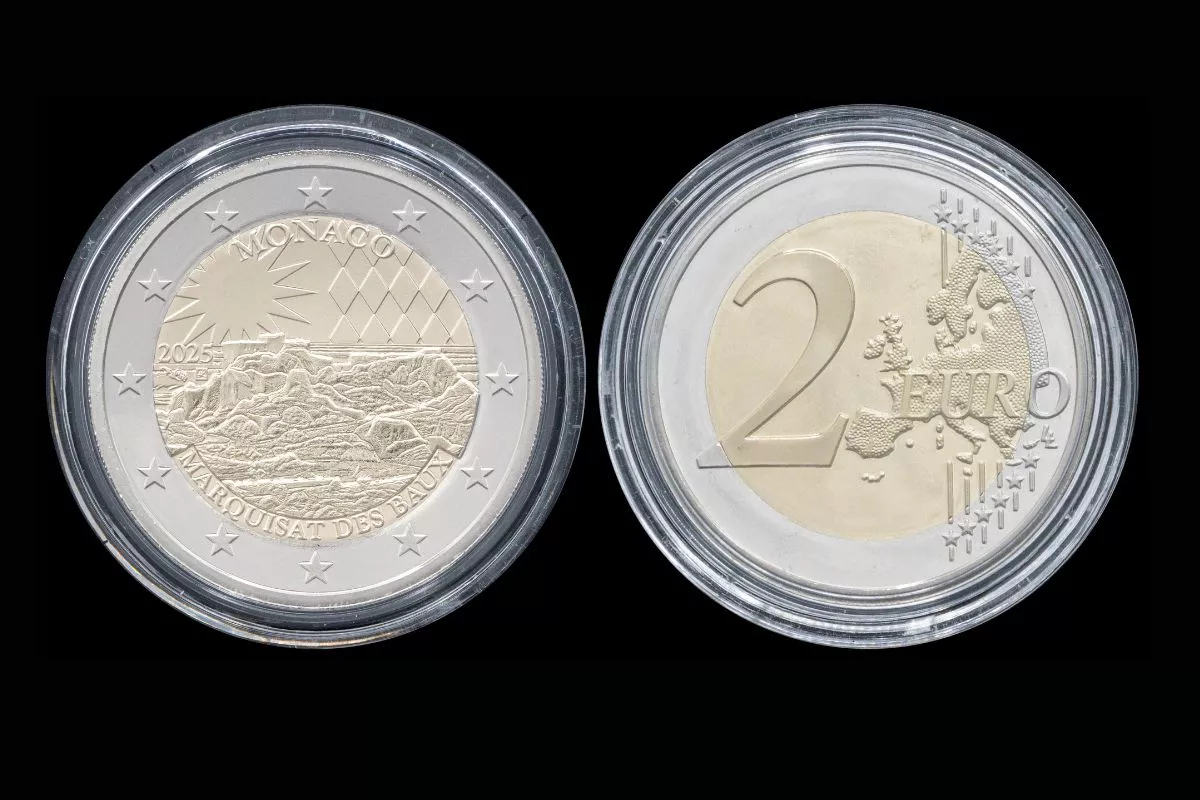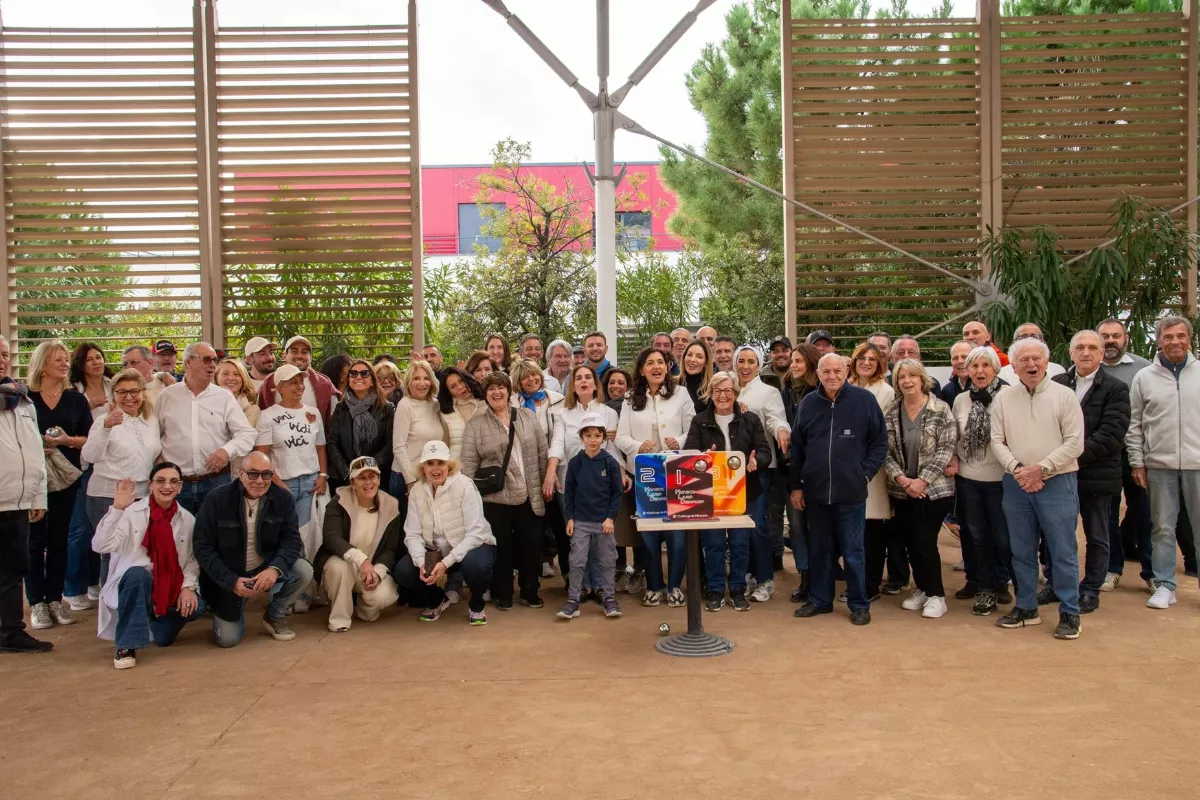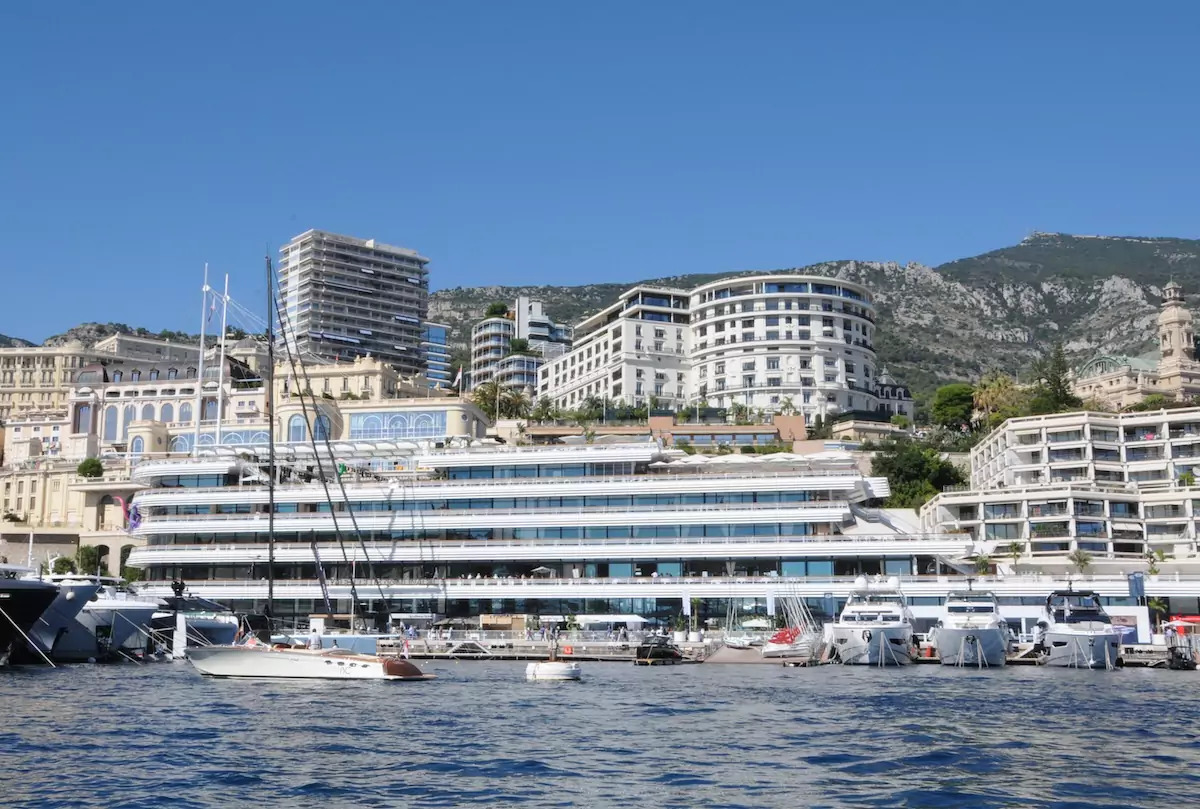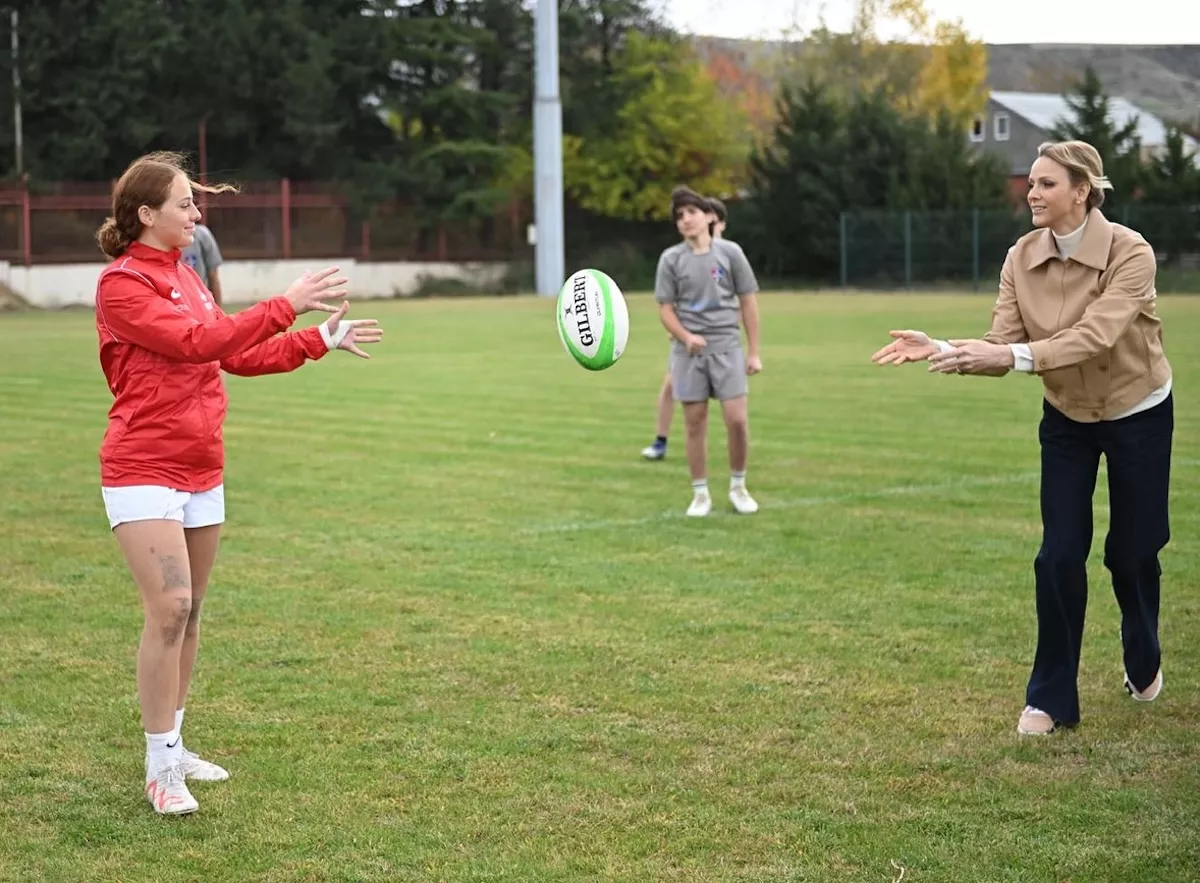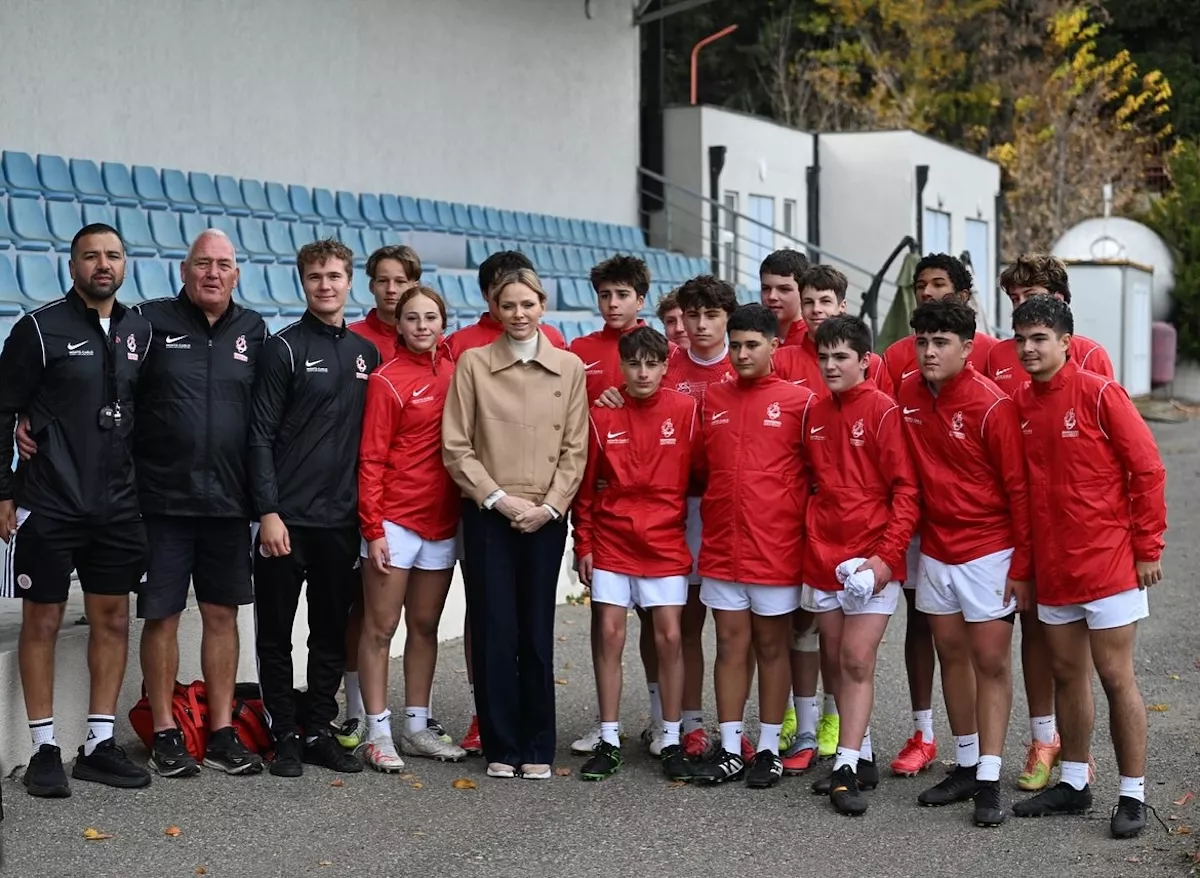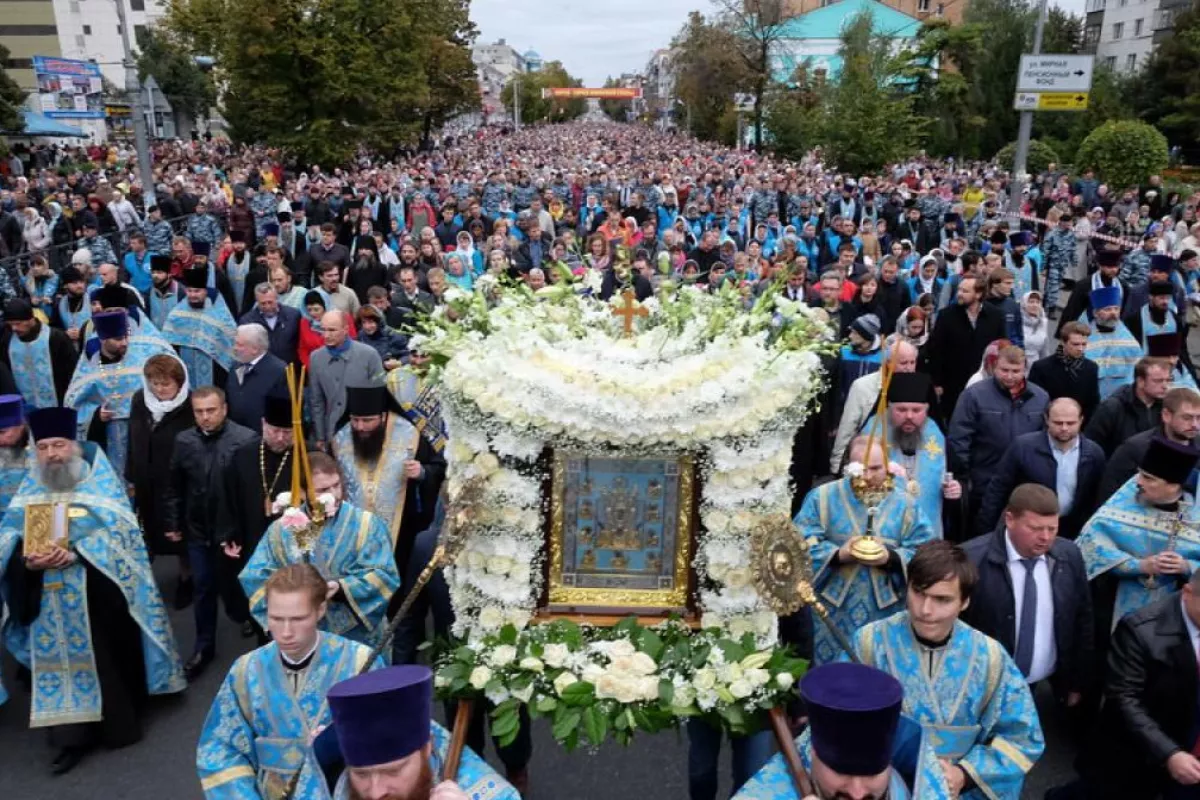On Saturday 6th December 2025, the Salle des Étoiles will host one of the most significant nights in Monaco’s boxing history as local fighter Hugo ‘The Fresh Prince of Monaco’ Micallef steps into the ring for the biggest bout of his professional career.
The undefeated Monegasque contender will face Ireland’s Sean ‘The Public Nuisance’ McComb in a 10-round contest in the super-lightweight division, with the IBF European title on the line.
The belt, sanctioned by the International Boxing Federation (IBF) – one of boxing’s four major global governing bodies alongside the WBA, WBC and WBO – is a crucial stepping stone for fighters looking to break into the upper echelons of the sport.
Micallef, 26, has been steadily climbing the ranks since turning professional in September 2021, and currently holds an unblemished record of 11 wins, including three by knockout. His opponent, McComb, brings both experience and grit, with 20 wins (5 KOs), two draws, and a reputation for high-pressure, high-volume fighting.
The event is being staged under the banner of Matchroom Boxing, one of the world’s leading promotional outfits, and will be broadcast internationally via streaming platform DAZN.
A defining moment in Micallef’s rise
For Micallef, a victory on home soil would mark a turning point in his career, potentially opening doors to even greater opportunities on the European and world stage.
“This fight means everything to me — representing Monaco at this level, in front of my home crowd, with a title on the line… it’s what I’ve been working toward since day one,” the boxer recently told reporters.
The Salle des Étoiles, known for hosting legendary music and sporting events, will offer an intimate yet electric setting for the high-stakes showdown.
A platform for Monaco boxing
The fight also signifies the growing profile of professional boxing in Monaco, a nation more commonly associated with Formula 1 and tennis, but one that has quietly fostered a rising talent in Micallef.
McComb, a southpaw known for his relentless pace and tactical ring IQ, will present the sternest test of Micallef’s career to date. The Irishman’s resume includes tough opponents across multiple countries, and he will be looking to spoil the party and claim the IBF belt for himself.
Stay updated with Monaco Life: sign up for our free newsletter, catch our podcast on Spotify, and follow us across Facebook, Instagram, LinkedIn, and Tik Tok.
